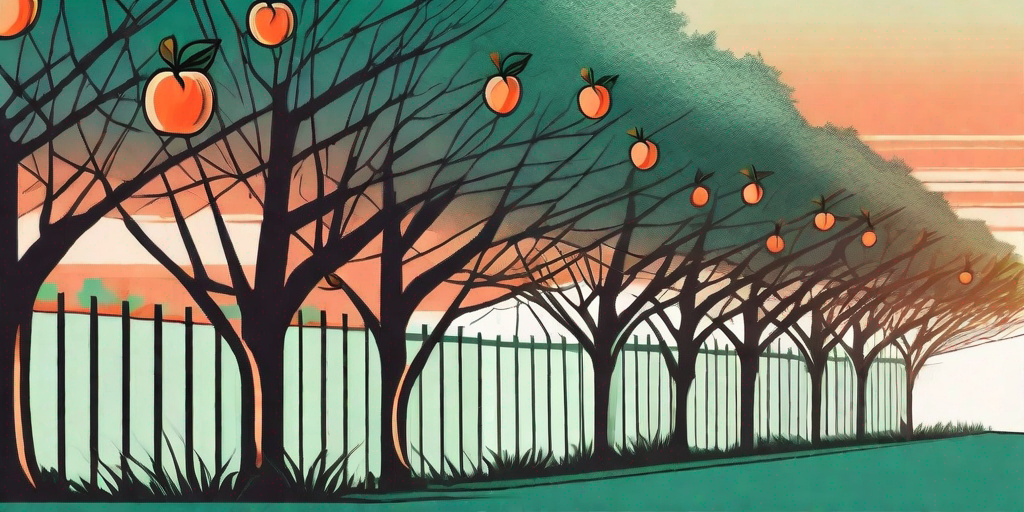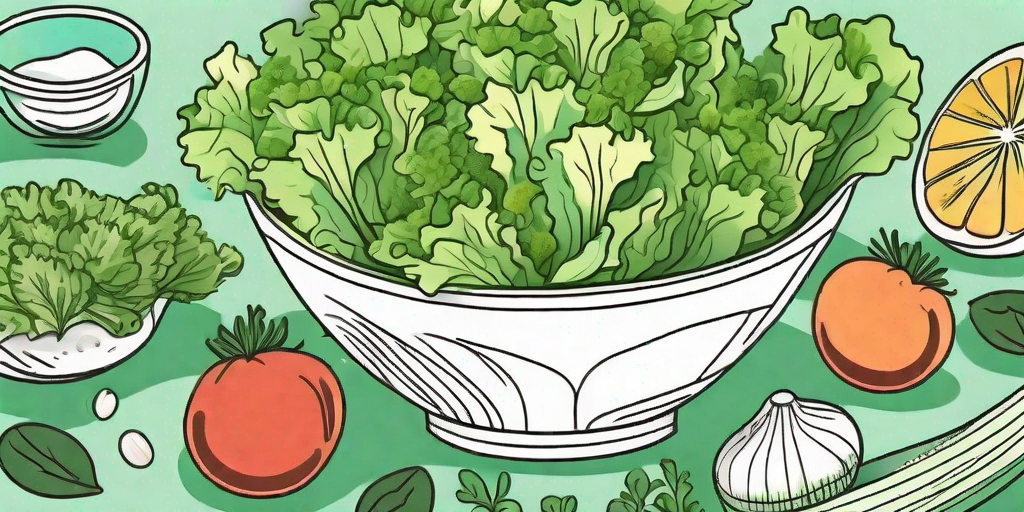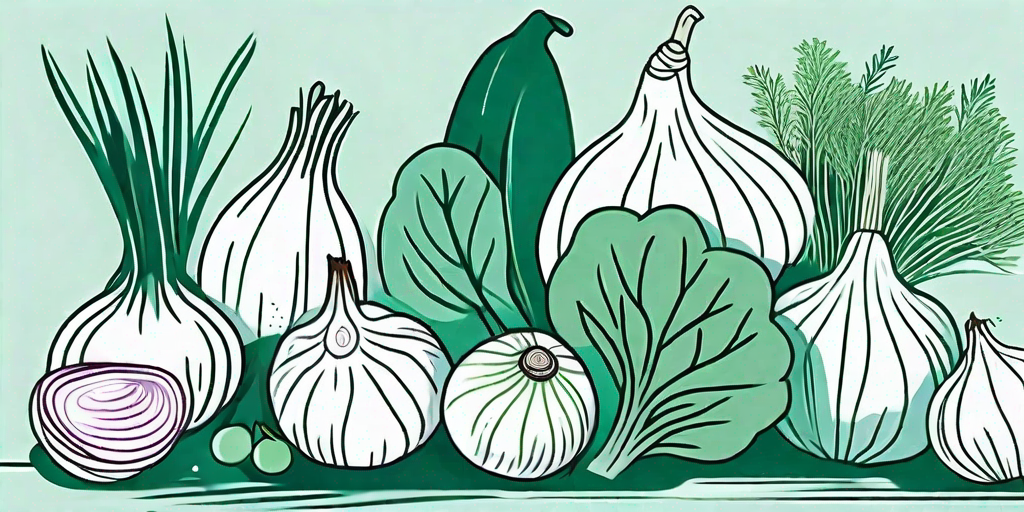
Ah, the humble tomato plant. A staple in gardens around the world, and a source of joy for many a green thumb. But what happens when your tomato plant starts looking a bit... off? You know, when its leaves start turning white and it starts looking more like a ghost than a plant? Well, fear not, dear reader, because we're about to embark on a journey to diagnose and treat your ailing tomato plant.
Understanding the Symptoms
First things first, let's get to know our patient a little better. The tomato plant is a robust and versatile creature, but like all living things, it can fall prey to a variety of ailments. White leaves are a common symptom of several tomato plant diseases, so it's important to understand what exactly we're dealing with.
White leaves can be a sign of a few different things. It could be a simple case of sunburn (yes, plants can get sunburnt too!), or it could be a sign of a more serious disease like powdery mildew or leaf mold. It's also possible that your plant is suffering from a nutrient deficiency, which can cause the leaves to turn white.
Sunburn
Just like us, tomato plants can get a bit crispy if they're exposed to too much sun. This is especially common in hot, dry climates, or during particularly scorching summers. If your tomato plant's leaves are turning white and looking a bit crispy around the edges, sunburn could be the culprit.
The solution? Move your plant to a shadier spot, or provide some sort of shade to protect it from the harsh midday sun. And remember, just like with humans, prevention is better than cure. So try to keep your tomato plants out of the direct sun during the hottest part of the day.
Powdery Mildew
Powdery mildew is a common fungal disease that affects a wide range of plants, including tomatoes. It's characterized by a white, powdery substance on the leaves and stems of the plant. If left untreated, it can cause the leaves to turn yellow and fall off, and can severely affect the plant's ability to produce fruit.
The good news is that powdery mildew can be treated with a variety of fungicides, many of which are readily available at your local garden center. Regularly inspecting your plants and treating any signs of disease early can also help to keep powdery mildew at bay.
Leaf Mold
Leaf mold is another fungal disease that can cause the leaves of your tomato plant to turn white. Unlike powdery mildew, leaf mold is characterized by a fuzzy, grayish-white growth on the underside of the leaves. It's most common in humid, warm climates, or in greenhouses.
Leaf mold can be treated with fungicides, but it's also important to ensure good air circulation around your plants to prevent the disease from taking hold. Pruning your plants regularly and spacing them out properly can help to improve air circulation and prevent the spread of leaf mold.
Nutrient Deficiencies
Just like us, plants need a balanced diet to stay healthy. If your tomato plant's leaves are turning white, it could be a sign that it's not getting the nutrients it needs. There are a few key nutrients that tomato plants need to thrive, and a deficiency in any one of these can cause problems.
Nitrogen Deficiency
Nitrogen is a key nutrient for plants, and a deficiency can cause the leaves to turn pale or white. Nitrogen deficiency in tomato plants can also cause the leaves to turn yellow, and the plant's growth may be stunted.
If you suspect a nitrogen deficiency, you can add a nitrogen-rich fertilizer to your plant's soil. Be careful not to add too much, though, as this can cause other problems.
Phosphorus Deficiency
Phosphorus is another important nutrient for tomato plants. A deficiency can cause the leaves to turn a purplish color, and the plant may produce fewer flowers and fruits. In severe cases, the leaves may turn white.
If you suspect a phosphorus deficiency, you can add a phosphorus-rich fertilizer to your plant's soil. Again, be careful not to add too much, as this can cause other problems.
FAQs
Why are my tomato plant's leaves turning white?
There could be several reasons why your tomato plant's leaves are turning white. It could be due to sunburn, a fungal disease like powdery mildew or leaf mold, or a nutrient deficiency. It's important to diagnose the problem correctly in order to treat it effectively.
How can I prevent my tomato plant's leaves from turning white?
Preventing white leaves on your tomato plant involves regular care and maintenance. This includes providing your plant with the right amount of sunlight and water, regularly inspecting it for signs of disease, and ensuring it's getting the right nutrients. Proper spacing and pruning can also help to prevent fungal diseases.
What should I do if my tomato plant's leaves are already white?
If your tomato plant's leaves are already white, it's important to diagnose the problem as soon as possible. Once you've determined the cause, you can treat it accordingly. This might involve moving your plant to a shadier spot, treating it with a fungicide, or adding a nutrient-rich fertilizer to the soil.
Conclusion
So there you have it, folks. The mystery of the white leaves on your tomato plant, solved. Whether it's sunburn, a fungal disease, or a nutrient deficiency, there's always a solution to get your tomato plant back to its healthy, vibrant self. So don't despair, dear reader. With a bit of detective work and some tender loving care, your tomato plant will be back to producing juicy, delicious tomatoes in no time.
And remember, a healthy tomato plant is a happy tomato plant. So keep an eye on your green friends, and they'll reward you with a bountiful harvest. Happy gardening!










